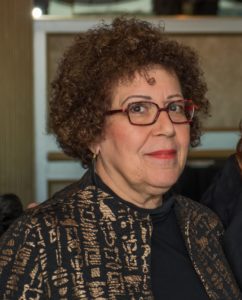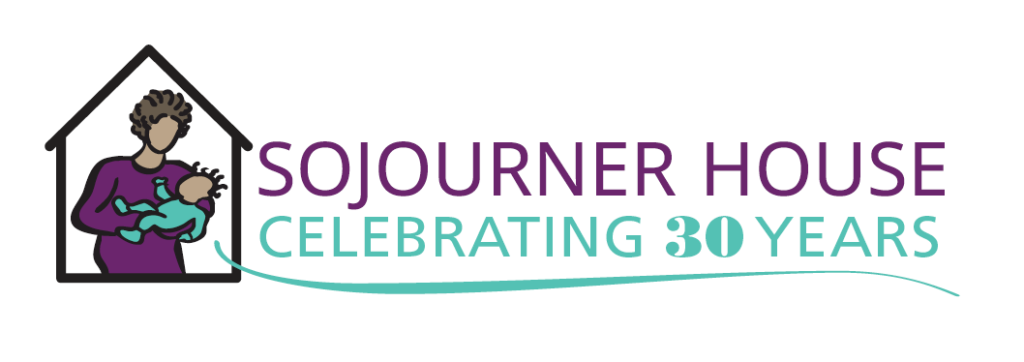March 22, 2021
by Katie Orr
This year, Sojourner House celebrates its 30 year anniversary. In honor of this milestone, we will highlight pivotal figures and moments in Sojourner House’s esteemed history, throughout 2021.
The first blog fittingly spotlights Sojourner House’s second executive director and MOMS creator, Norma Raiff. Raiff retired from her executive director role in 2007, but has remained a wonderful friend. As a matter of fact, she joined the MOMS board of directors in 2020.

When did you start with Sojourner House?
I became Executive Director in 1995. However, I (along with several women who had served on the Women’s Center and Shelter Board) had visited Sojourner earlier.
What inspired you to be a part of the organization?
We were reaching out to Sojourner to see if we could be of help. As fierce advocates, we knew a lot about the ugly level of public stigma, the need for women-focused services, and the urgency of changing public attitudes toward women in recovery. I left that initial visit with a profound impression of a hugely committed staff and a sense that Sojourner House was still “finding its feet,” since it had originally operated under the East End Cooperative Ministry, but was now a stand-alone nonprofit.
It seems the creation of MOMS was a significant part of your legacy. Can you talk a little bit about the history of MOMS?
MOMS came about through a thoroughly unexpected community “ask”. One day, a stranger — (long-time MOMS board member) Gary Cirrincione — phoned. We met at Eat’n Park. Gary explained that the Negley Place Neighborhood Alliance was confronting escalating drug issues and that it had decided that inviting a treatment program to move in would send a powerful counter-message. This was an astonishing offer. Most neighborhoods adopt a “not in my backyard” attitude.
I grilled Gary at length. How did he know that the community would be agreeable? His answer: “Ask them.” He signaled with his hands, and with that, a bunch of people stood up. We then walked to Sojourner House, with my apologizing at length for the fact that we hadn’t planned on visitors but what they would see, warts and all, was how we actually functioned.
This unexpected meeting started our long journey toward designing the program that eventually became MOMS. The process was bumpy. Anticipated grants became unavailable. We wondered who should serve on the board. The fact the Sojourner Board was willing to pivot and to consider this unexpected request was a striking testament to its deep commitment to the families we served.
Although I’ve only recently joined the MOMS board, I have to say that leadership’s impressive commitment and energy still holds. Both Gary and Gloria Brown (Sojourner House’s former Director of Finance & Operations) are highly committed board members and provide historical continuity and splendid in-depth understanding.
What do you hope for the future of Sojourner House?
Sojourner House has a tenacious history of rising to meet new challenges. Whatever the post-COVID future holds, I am confident that the board, along with De’netta’s impressive guidance, will once again rise to the occasion and move forward with Sojourner’s best interest up front and center.
Speaking of her time with SoHo, Norma says, “My tenure as Executive Director at Sojourner House and SoHo MOMS provided some of my most important learning experiences in my long nonprofit career.”

